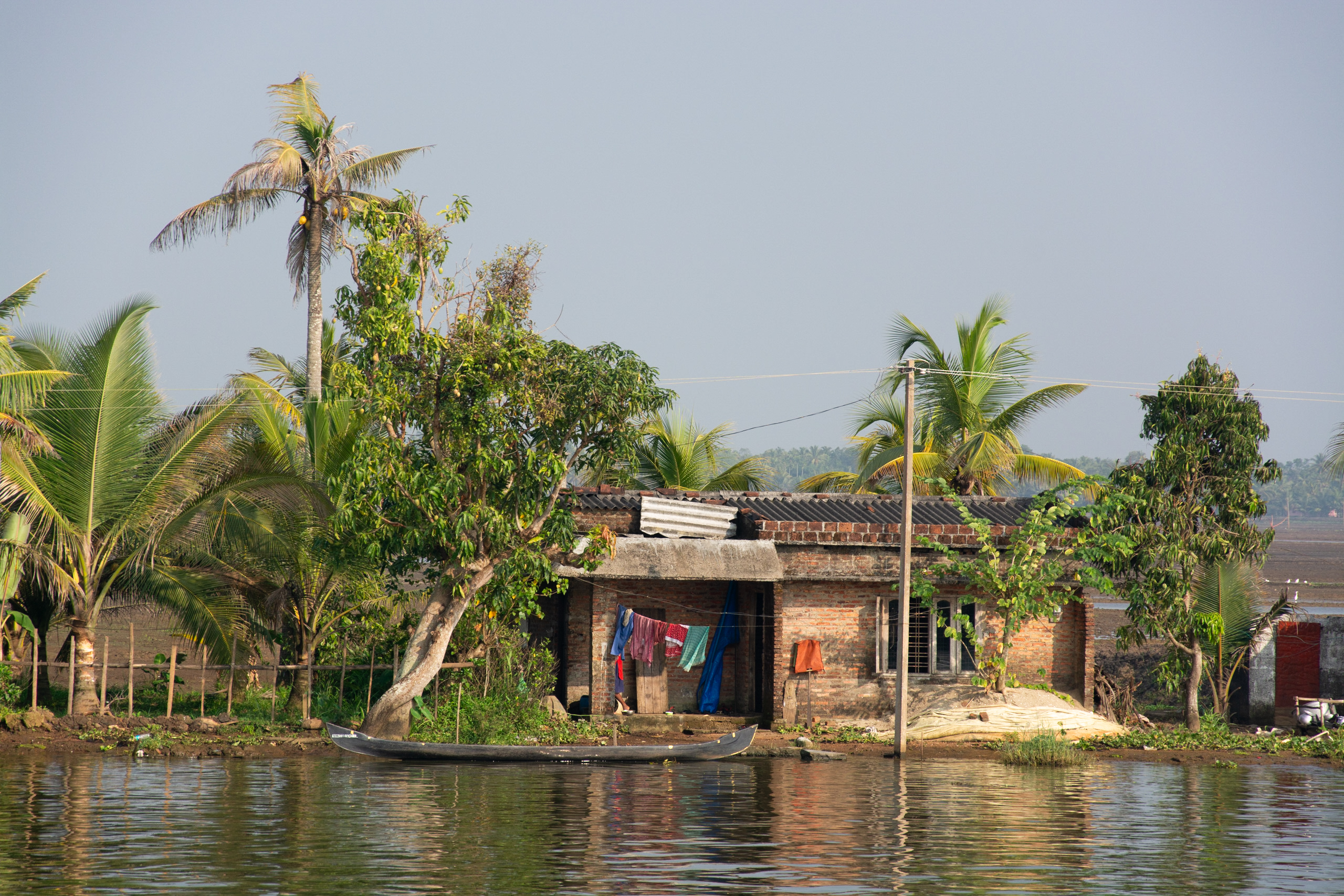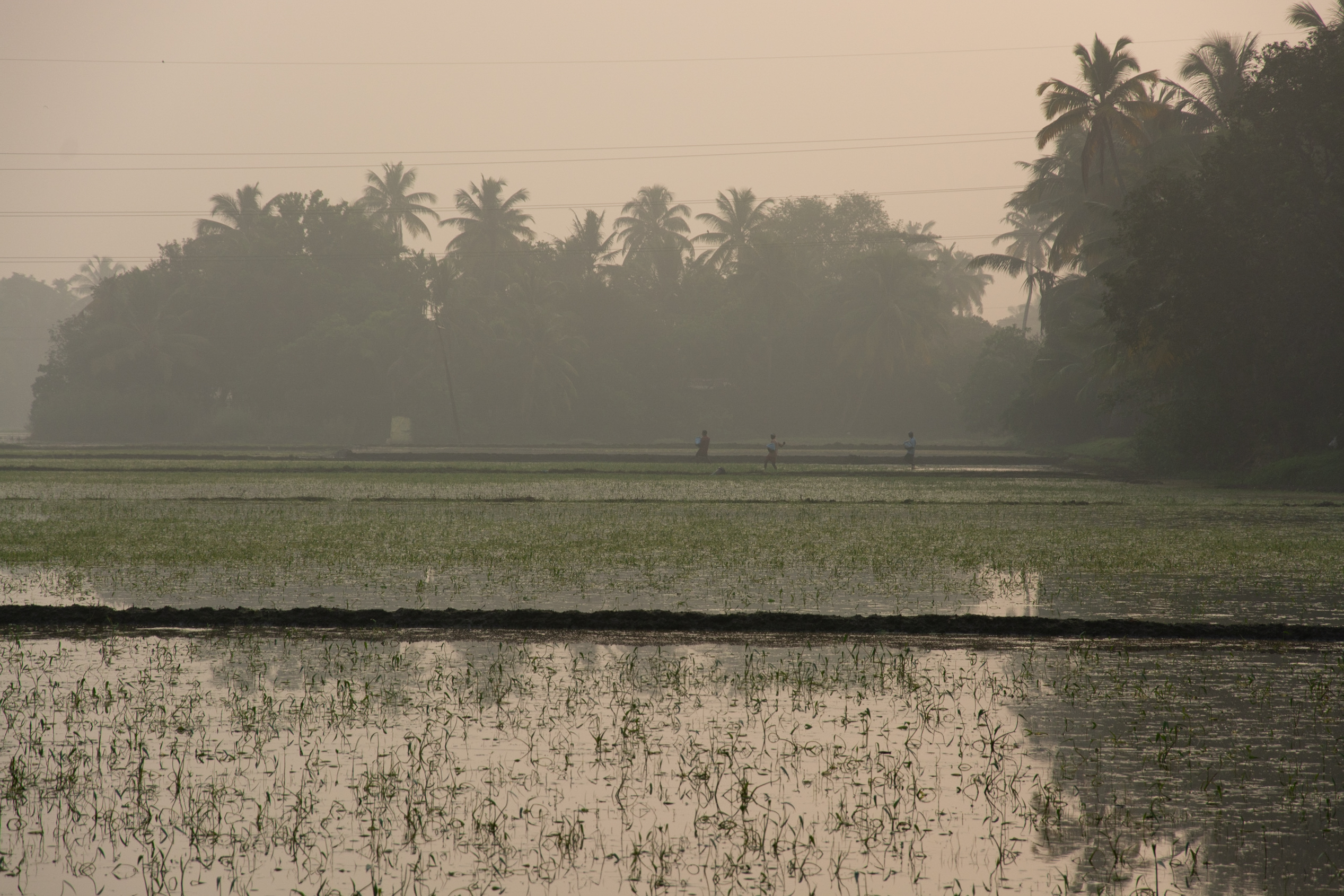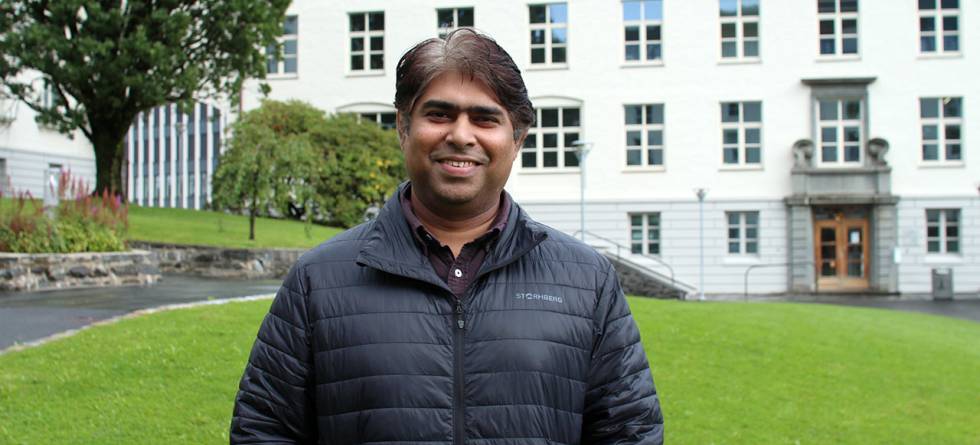Roshin Raj grew up in the state of Kerala, south-west part of India. He moved to Bergen in 2008 and took his Ph.D. at the University in Bergen in 2014 and is now a senior scientist at Nansen Environmental and Remote Sensing Center. He is also part of Bjerknes Center and is co-leading the Polar Climate group. Now he wants to give back to the place he grew up.
Raj is leading the C3-eKerala project that will look at the impact of climate change on the marine ecosystem of the Kerala coast. They will look at how climate change induced sea level rise and changes in ocean waves affects the shoreline. How this information can be used to predict future coastal shoreline changes and inundations. They will also look at the cascading effects of sea level rise on the vulnerable coastal ecosystems and will assess the long-term change in mangrove cover along Kerala coast and identify potential habitat for sea grass rehabilitation, a major breeding ground of fishes.

“We will look at how the ocean waves and the sea level has changed over the last 30 years, link that to the shoreline changes and then predict its future changes. We want to find out how the mangroves and underwater vegetation such as seagrass has changed. We will develop machine learning methodologies to monitor them”, says Raj.
Kerala is exposed
They will also look at the impact of climate change induced ocean variability in triggering the Harmful Algal Blooms, that has an adverse impact on fisheries and thus on the economic situation of the coastal communities.
“We will study the variability in Harmful Algal Blooms dynamics in response to climate change and develop forecasts based on changes in water quality due to shoreline erosion and inundation, says Raj.

Kerala is one of the regions where climate change has impacted the most the last decade. The almost 600-kilometre-long Kerala-coast has been witnessing several cyclones in the recent decade. The rise in sea level has resulted in the displacement of population, increase the saltwater intrusion impacting the groundwater storage that has led to disastrous effects on the dependent flora and fauna and agricultural practices. This intrusion of saltier waters also assists marine algae to invade freshwater ecosystems and affect the drinking water.
“Kerala has the most densely populated coastal zones in the entire South India. The impact of climate change will therefore be larger”, says Raj.
Share all knowledge
The project is divided into several stages. The final work package is about outreach which is aimed to communicate the knowledge gained to the policy makers and the society.
“This part is led by the Disaster Management Authority of Kerala, the policy makers, and then an NGO, Foundation for Development Action, that has vast experience in conducting outreach programs. The entire coastal belt of Kerala will be in focus, and the local governing bodies will be targeted”, says Raj.

The project is already running, and has been endorsed by the UNESCO, and is included in the Ocean Decade Projects.
“It gives a huge visibility for the project", he says.
Raj grew up in Kerala. Things were different back then. The impact of climate change on human life were not so evident at that time, as it is now.
“In the past, people tried to live closer to the coast, but now many are forced to move. I want to engage with the local coastal communities, share the knowledge gained and educate them about the importance of addressing climate change and its impacts", Raj finishes.

